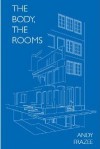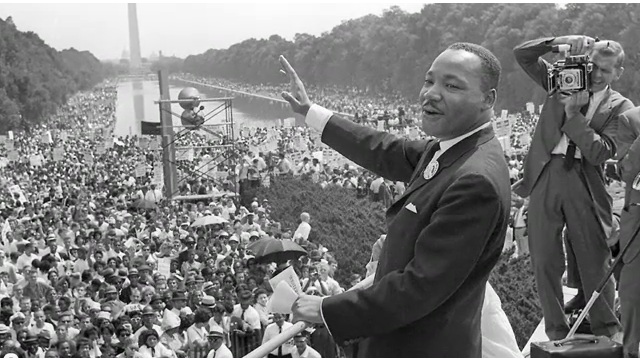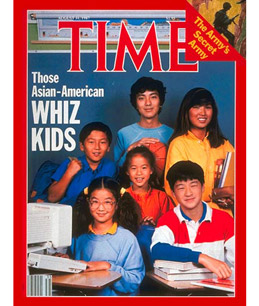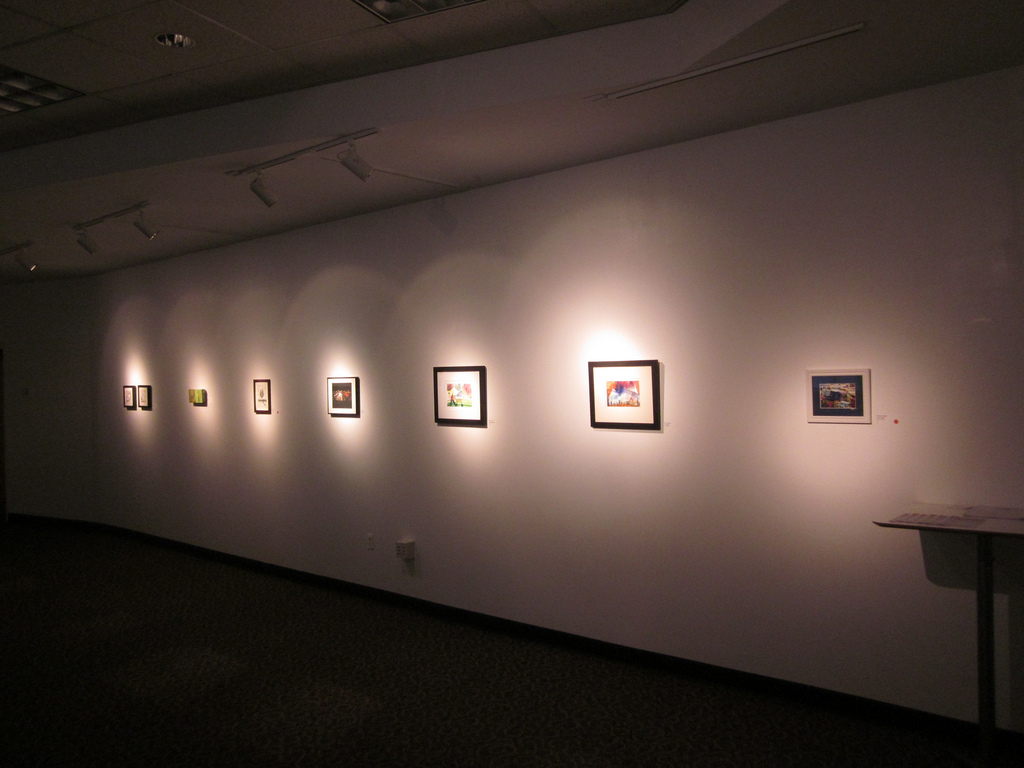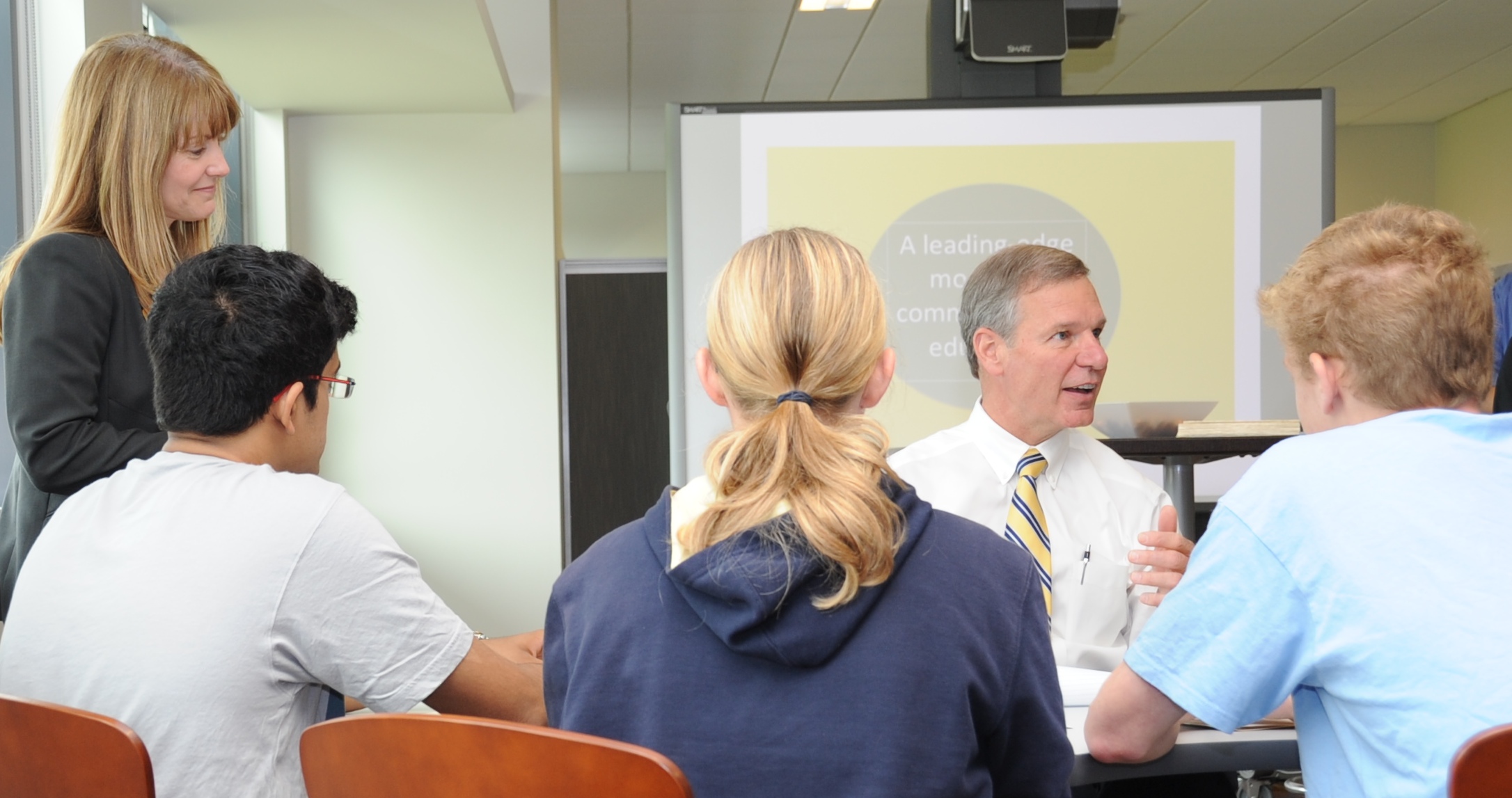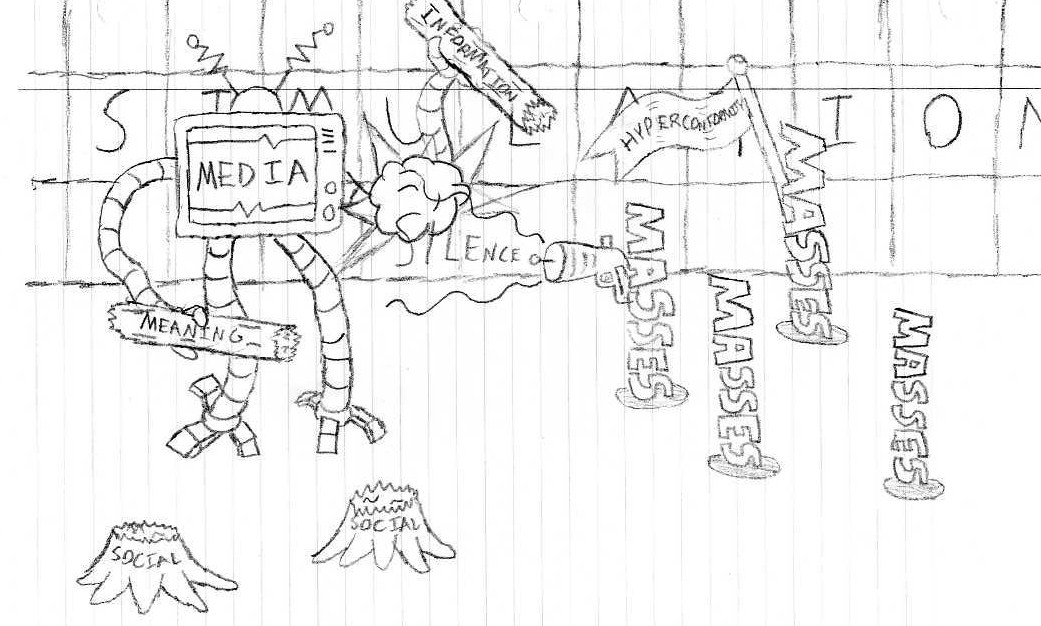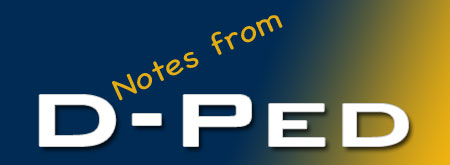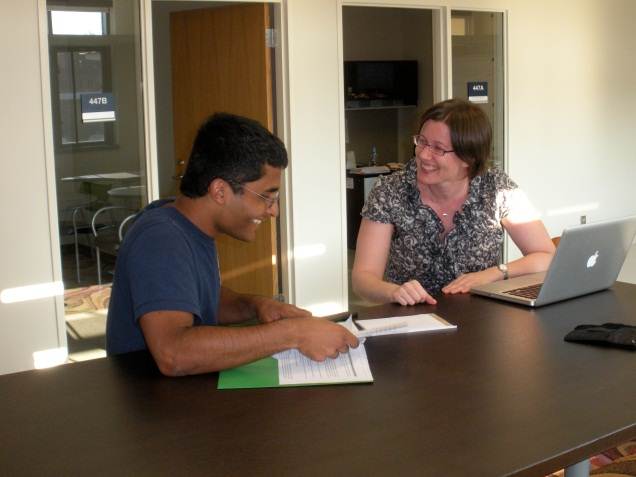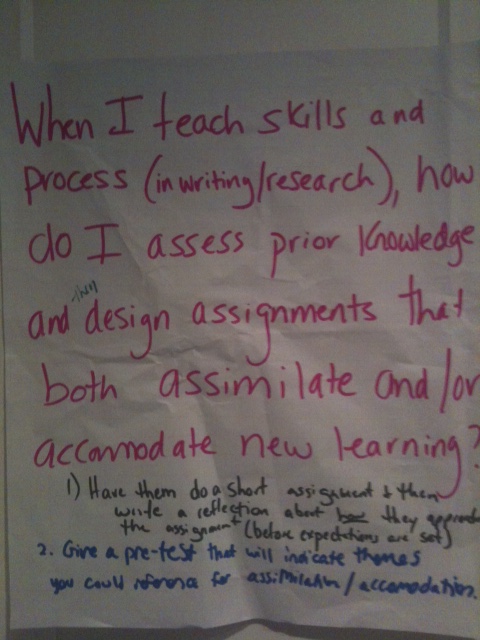Brittain Fellow and Poet Andy Frazee Reads at University of Illinois
Second-year Brittain Fellow Andy Frazee read from his poetry as part of the Carr Reading Series at the University of Illinois at Urbana-Champaign on Wednesday, October 19. In addition, Frazee was asked to present his work in the Introduction to Creative Writing class co-taught by poetry professor Michael Madonick and… Continue reading

